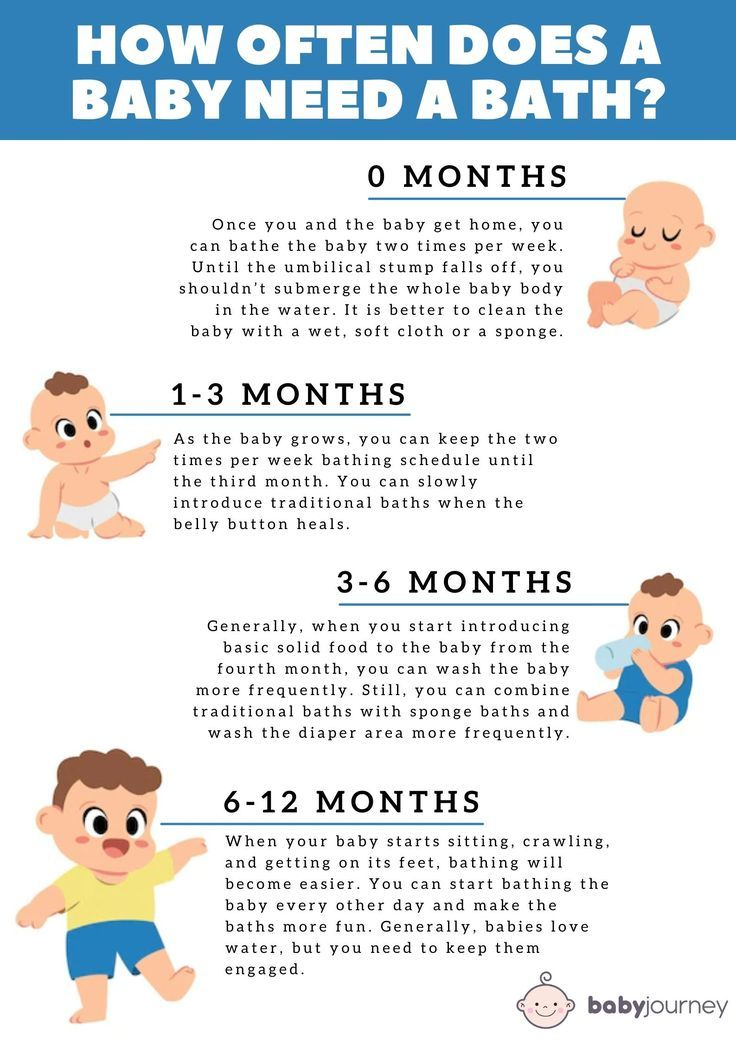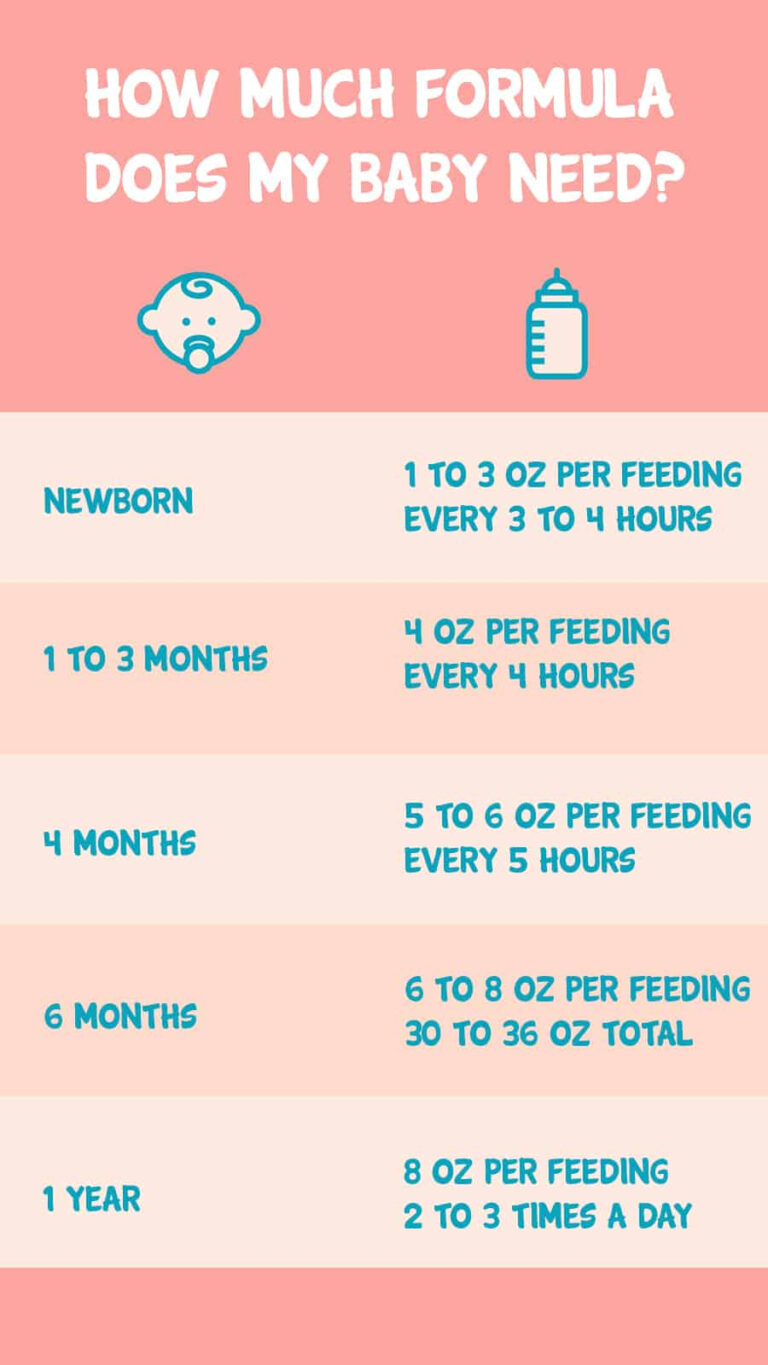Generation Years and Names: Exploring Generational Cohorts and Their Defining Characteristics
Generations are fascinating groups of people born within a specific time frame, each with its unique set of experiences, values, and beliefs. Understanding the differences and similarities between generations can help us appreciate the diversity of human society and navigate the complexities of intergenerational relationships.
From the Silent Generation to Generation Alpha, each cohort has its own story to tell. Their birth years, defining events, and key characteristics shape their perspectives and influence their contributions to society. In this exploration, we will delve into the concept of generational cohorts, examining their defining traits and the factors that shape their identities.
Generational Cohorts
Generational cohorts are groups of people who are born within a specific time period and share similar experiences, values, and beliefs. These cohorts are often defined by major historical events or societal changes that shape their outlook on life.
There are several different generational cohorts, each with its own unique characteristics. The most well-known cohorts include the Silent Generation, Baby Boomers, Generation X, Millennials, and Generation Z.
Generational Cohorts Table
The following table provides an overview of the different generational cohorts, including their birth years, defining events, and key characteristics:
| Generation Name | Birth Years | Defining Events | Key Characteristics |
|---|---|---|---|
| Silent Generation | 1928-1945 | Great Depression, World War II | Traditional, conservative, patriotic |
| Baby Boomers | 1946-1964 | Post-war economic boom, civil rights movement | Optimistic, idealistic, self-centered |
| Generation X | 1965-1980 | Vietnam War, Watergate scandal | Cynical, independent, entrepreneurial |
| Millennials | 1981-1996 | 9/11 attacks, Great Recession | Tech-savvy, tolerant, ambitious |
| Generation Z | 1997-2012 | Social media, economic inequality | Progressive, pragmatic, entrepreneurial |
Generational Differences
Generational differences refer to the distinct values, beliefs, and behaviors that characterize different generations. These differences arise due to a combination of factors, including historical events, technological advancements, and cultural influences.
One of the key factors contributing to generational differences is the historical context in which each generation grows up. For example, the experiences of the Baby Boomers, who came of age during the Vietnam War and the Civil Rights Movement, shaped their values and beliefs in a way that is distinct from subsequent generations.
Technology
Technological advancements have also played a significant role in shaping generational differences. The rise of the internet and social media, for instance, has had a profound impact on the way that younger generations communicate, learn, and socialize.
Culture
Cultural influences, such as music, fashion, and popular culture, can also contribute to generational differences. Each generation tends to have its own unique cultural touchstones that reflect their values and beliefs.
Manifestations of Generational Differences
Generational differences can manifest in various areas of life, including work, family, and social interactions.
- Work: Different generations may have different expectations and values when it comes to work. For example, younger generations may place a higher value on flexibility and work-life balance, while older generations may be more focused on stability and career advancement.
- Family: Generational differences can also affect family dynamics. For example, younger generations may be more likely to delay marriage and childbearing, while older generations may have more traditional views on family life.
- Social Interactions: Generational differences can also be seen in the way that people interact with each other. For example, younger generations may be more comfortable with using technology to communicate and socialize, while older generations may prefer face-to-face interactions.
Generational Stereotypes
Generational stereotypes are widely held beliefs and generalizations about people born during a particular time period. They often categorize individuals based on their age and assign them specific characteristics, values, and behaviors. These stereotypes can be positive or negative and can influence how people perceive and interact with each other.
Prevalence of Generational Stereotypes
Generational stereotypes are prevalent in society and can be found in various contexts, including the workplace, education, and the media. They are often reinforced through popular culture, such as movies, television shows, and social media, which can perpetuate these stereotypes and shape public opinion.
Accuracy and Fairness of Generational Stereotypes
The accuracy and fairness of generational stereotypes are often debatable. While some stereotypes may have some basis in reality, they can also be overgeneralized and fail to account for individual differences within each generation. It’s important to recognize that people within the same generation can vary widely in their experiences, beliefs, and values.
Consequences of Generational Stereotyping
Generational stereotyping can have both positive and negative consequences. On the positive side, it can provide a sense of group identity and belonging for individuals. However, it can also lead to discrimination, prejudice, and misunderstandings between generations.
- Positive Consequences: Generational stereotypes can create a sense of community and shared experiences among people of the same age group. They can also provide a sense of belonging and identity.
- Negative Consequences: Generational stereotypes can lead to discrimination, prejudice, and misunderstandings between generations. They can also create barriers to communication and collaboration.
Generational Marketing
Understanding generational differences is crucial for effective marketing as each generation possesses unique values, preferences, and media consumption habits. Tailoring marketing strategies to specific generations can enhance campaign effectiveness and increase brand loyalty.
Segmentation by Generation
- Baby Boomers (born 1946-1964): Value stability, security, and tradition. Prefer traditional marketing channels like TV and print.
- Generation X (born 1965-1980): Independent, skeptical, and tech-savvy. Respond well to experiential marketing and digital channels.
- Generation Y (Millennials, born 1981-1996): Digital natives, value authenticity, social impact, and personalization. Embrace mobile marketing and user-generated content.
- Generation Z (born 1997-2012): True digital natives, prioritize visual content, social media, and purpose-driven brands.
Targeted Marketing Strategies
Effective generational marketing involves tailoring messaging, channels, and promotions to resonate with specific generations:
- Baby Boomers: Focus on nostalgia, heritage, and personalized experiences. Use print advertising, direct mail, and community events.
- Generation X: Emphasize authenticity, practicality, and experiential value. Utilize digital marketing, word-of-mouth, and loyalty programs.
- Generation Y: Leverage social media, influencer marketing, and user-generated content. Offer personalized experiences and value-driven messaging.
- Generation Z: Create visually appealing content, use social media platforms like TikTok and Snapchat, and align with brands that share their values.
Successful Generational Marketing Campaigns
Examples of successful generational marketing campaigns include:
- Coca-Cola’s “Share a Coke” campaign: Targeted Millennials by personalizing bottles with popular names, creating a sense of exclusivity and social sharing.
- Nike’s “Just Do It” campaign: Resonated with Generation X’s independent and determined spirit, encouraging them to pursue their goals.
- Apple’s “Think Different” campaign: Appealed to Baby Boomers’ desire for innovation and creativity, positioning Apple as a forward-thinking brand.
Generational Conflict and Cooperation
Intergenerational conflicts and cooperation are prevalent in society, influenced by resource competition and contrasting perspectives. Understanding the underlying causes and fostering cooperation can bridge generational divides.
Factors Contributing to Conflict
- Competition for Resources: Scarce resources, such as jobs, housing, and healthcare, can create tension between generations.
- Differing Perspectives: Generations have distinct experiences, values, and beliefs, leading to different approaches to life and work.
- Technological Divide: The rapid advancement of technology can create a gap between generations with varying levels of digital literacy.
Strategies for Cooperation
- Intergenerational Dialogue: Open and respectful conversations between generations can foster understanding and empathy.
- Knowledge Sharing: Sharing experiences and perspectives can bridge generational divides, promoting mutual respect and learning.
- Mentoring and Reverse Mentoring: Pairing older and younger generations in mentoring relationships allows for knowledge transfer and fosters intergenerational connections.
- Policy Reforms: Addressing resource allocation and creating inclusive policies can mitigate competition and promote cooperation.
Generational Legacy

Each generation contributes uniquely to society, shaping its culture, politics, and economy. Their influence is profound and long-lasting.
The Silent Generation (born 1928-1945) endured the Great Depression and World War II, instilling in them values of thrift, hard work, and patriotism. They rebuilt post-war society, establishing a foundation for economic growth.
Baby Boomers (1946-1964)
- Challenged societal norms and promoted individualism, influencing culture and politics.
- Contributed to economic prosperity, fueling consumerism and technological advancements.
Generation X (1965-1980)
- Experienced economic recession and technological advancements, shaping their values of self-reliance and skepticism.
- Questioned authority and embraced diversity, contributing to social and cultural change.
Millennials (1981-1996)
- Grew up with digital technology and globalization, becoming tech-savvy and globally connected.
- Value diversity, inclusivity, and environmentalism, influencing societal attitudes.
Generation Z (1997-2012)
- Raised in the digital age and exposed to global issues, they are highly informed and socially conscious.
- Prioritize mental health, work-life balance, and environmental sustainability.
Each generation’s legacy reflects its experiences and values, shaping the society we live in today. Their contributions and influence continue to impact future generations.
Common Queries
What is the difference between a generation and a cohort?
While the terms “generation” and “cohort” are often used interchangeably, there is a subtle distinction. A generation typically refers to a group of people born within a 15-20 year period who share similar historical experiences and cultural influences. A cohort, on the other hand, can refer to any group of people who share a common characteristic, such as birth year, gender, or occupation.
How are generational names determined?
Generational names are often coined by historians, sociologists, or popular culture. They may be based on a variety of factors, such as major historical events, cultural trends, or the characteristics of the generation itself.
What are some common generational stereotypes?
Generational stereotypes are generalizations about the characteristics and behaviors of a particular generation. While some stereotypes may have a grain of truth, it is important to remember that they are just that—stereotypes. Individuals within a generation can vary greatly in their beliefs and behaviors.





